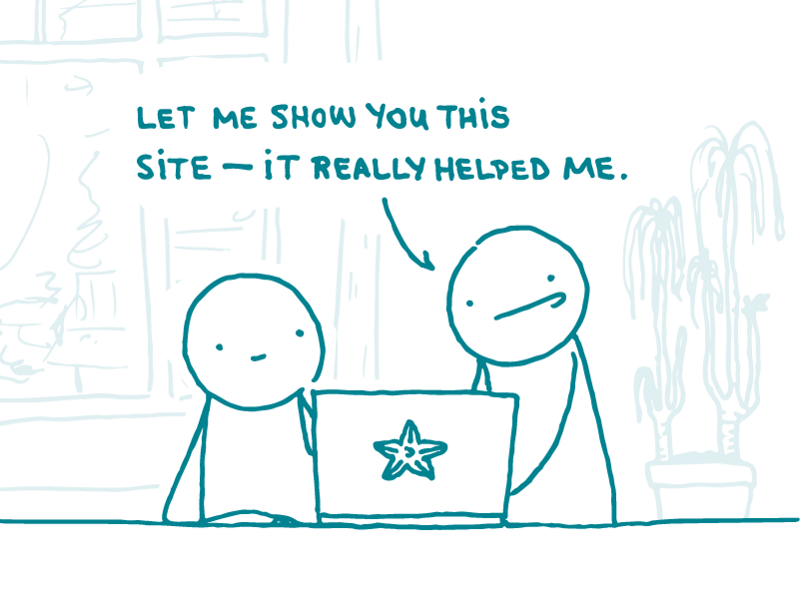
Today, dear readers, we’re talking about something that’s hard to talk about: losing a pregnancy. As health communicators, it’s our job to tackle tricky subjects in a way that serves the user — who, in this case, may be grieving and looking for answers. So it’s important to get these materials right.
First, let’s clear up any confusion between these related terms. In the United States, we generally use the following definitions:
- Miscarriage is loss of a pregnancy before 20 weeks
- Stillbirth is loss of a pregnancy after 20 weeks
Well, that was the easy part. Now for the hard part — communicating about a topic that people might rather avoid. There’s no sugarcoating it: losing a pregnancy can be traumatic. But you can take steps to write about it in a useful way.
Try these tips:
- Normalize it. Because these experiences are hard to talk about, they can seem rarer than they actually are. But about 1 in 100 pregnancies ends in stillbirth, and as many as 15 in every 100 known pregnancies end in miscarriage. So when you write about losing a pregnancy, consider mentioning how common it is. That way, people know they’re not alone.
- Humanize it. Patient stories can help people see a way forward from a terrible experience. When you can, include quotes, photos, or videos from people who’ve been there — that’s often the best way to connect with people who are feeling isolated.
- Publicize prevention. Prenatal care and preventive services can help prevent some miscarriages and stillbirths. But, as always in pregnancy materials, be on the lookout for misogyny masquerading as medicine — working outside the home does not cause miscarriages, etcetera.
- Emphasize that it’s not their fault. Most miscarriages happen because of genetic problems, and many stillbirths have no known cause. So be careful not to lay the blame on women. Even when people follow all the prevention guidelines, these things still happen. It’s nobody’s fault. Full stop.
And as always, when you write about a subject that people may find traumatic, tell them where they can find support.
The bottom line: Don’t shy away from discussing pregnancy loss — provide clear, compassionate information about miscarriage and stillbirth.
Tweet about it: It can be hard to write about losing a pregnancy. @CommunicateHlth has #HealthLit tips: https://bit.ly/32pvCEi
Browse recent posts